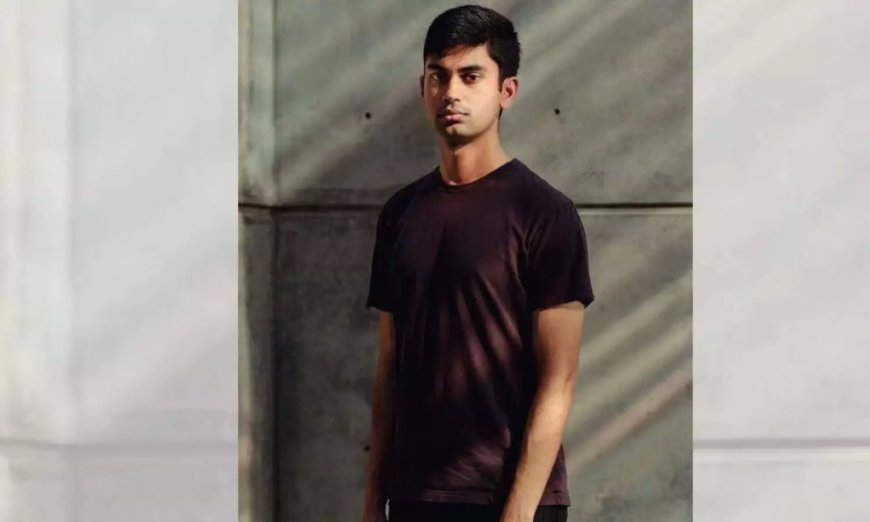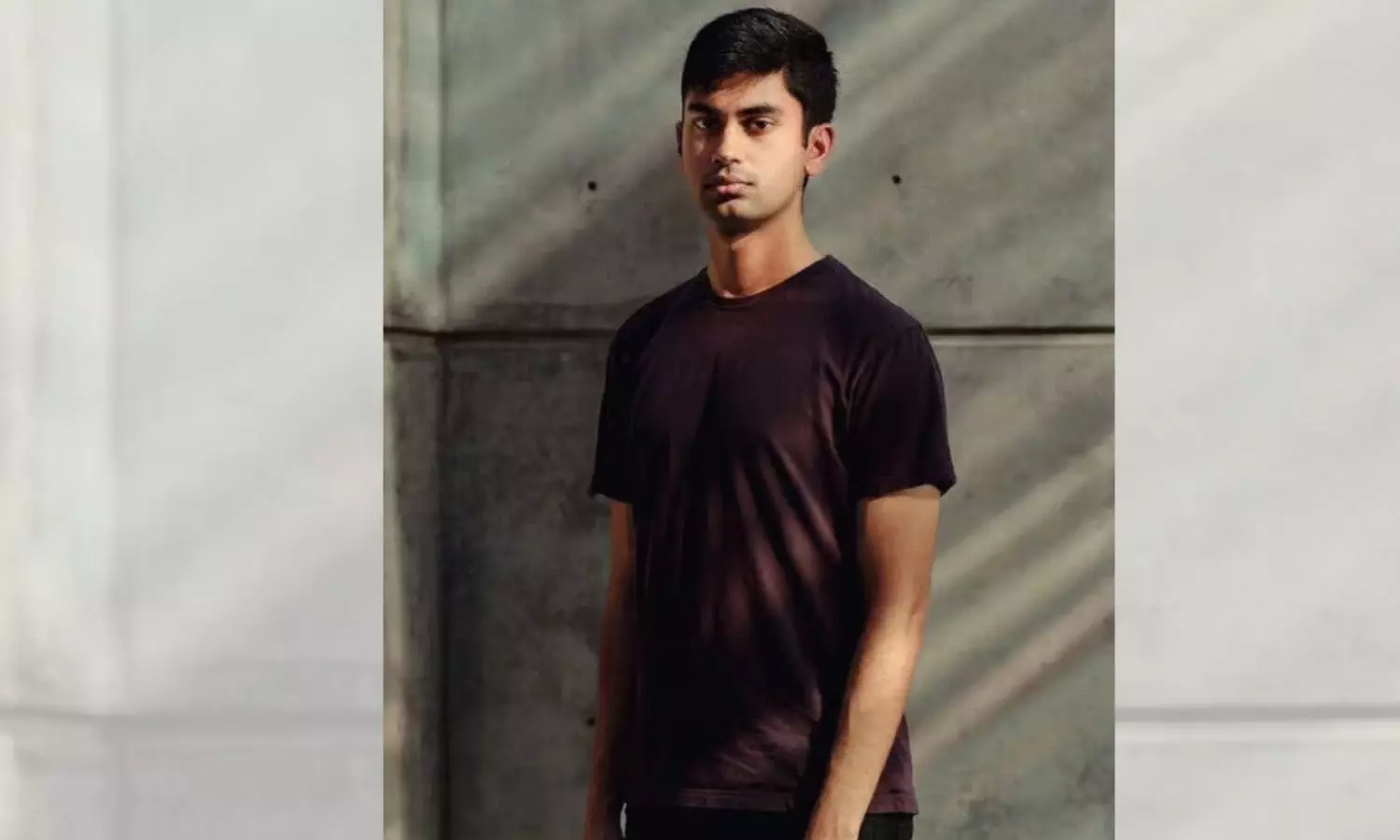Suchir Balaji, whistleblower who criticised OpenAI’s practices, dies in US
The untimely death of 26-year-old Suchir Balaji, an Indian American AI researcher, has sent shockwaves through the tech community, intensifying discussions about the ethical and structural challenges surrounding AI development. According to the San Francisco Office of the Chief Medical Examiner, Balaji, a former researcher at OpenAI, allegedly took his own life in his apartment in San Francisco. A representative from the San Francisco Police Department verified that the young researcher was found deceased in his Buchanan Street apartment on November 26. Officers and medics were summoned to the home in the city’s Lower Haight district for a wellness check after concerns were raised by his friends and colleagues. Police reported no signs of foul play and ruled the death as a suicide. Balaji’s Concerns About AI and Copyright In an October interview with The New York Times, Balaji expressed concerns about OpenAI’s alleged violations of copyright law. He also shared his thoughts on X (formerly Twitter), stating, “Initially didn’t know much about copyright, fair use, etc. but became curious after seeing all the lawsuits filed against GenAI companies. When I tried to understand the issue better, I eventually came to the conclusion that fair use seems like a pretty implausible defense for a lot of generative AI products, for the basic reason that they can create substitutes that compete with the data they’re trained on.” He also shared a blog post detailing his skepticism about fair use as a defense for generative AI products. The day prior to the discovery of his death, a court document allegedly identified Balaji in a copyright case filed against OpenAI. In response, OpenAI stated it would review Balaji's custodial file concerning the copyright issues he raised. Who Was Suchir Balaji? Suchir Balaji was a 26-year-old AI researcher who studied computer science at the University of California, Berkeley, before working at OpenAI. During his college years, he interned at OpenAI and Scale AI. I recently participated in a NYT story about fair use and generative AI, and why I'm skeptical "fair use" would be a plausible defense for a lot of generative AI products. I also wrote a blog post (https://t.co/xhiVyCk2Vk) about the nitty-gritty details of fair use and why I…— Suchir Balaji (@suchirbalaji) October 23, 2024 In his early days at OpenAI, Balaji worked on WebGPT and later contributed to the pretraining team for GPT-4, the reasoning team with o1, and post-training for ChatGPT, according to his LinkedIn profile. After working at OpenAI for four years, Balaji quit, citing concerns over the societal impact of the technology and OpenAI’s alleged use of copyright data. Elon Musk Reacts to Balaji’s Death Elon Musk, a co-founder of OpenAI, expressed his condolences on X, stating, “Suchir Balaji’s contributions to AI were immense. His passing is a tragic loss for the tech community. We must ensure that young researchers in this field receive the support they need tothrive both professionally and personally.” Hmm https://t.co/HsElym3uLV— Elon Musk (@elonmusk) December 14, 2024 Musk’s reaction has further spotlighted the intense environment within AI research and its broader implications. Renewed Calls for Ethical AI Practices The AI sector has been embroiled in debates over the ethical deployment of AI, copyright infringement, and monopolistic practices by major tech giants. Critics argue that the current race to dominate AI innovation fosters a high-pressure, cutthroat environment that disproportionately affects younger researchers. Copyright issues, particularly those related to generative AI, have drawn scrutiny, with artists, writers, and developers alleging unauthorized use of their work for AI training datasets. The tragic incident has renewed calls for stronger workplace protections and mental health support for researchers, as well as the need for transparent, collaborative approaches to AI development. As the global community grapples with the implications of AI, this loss serves as a stark reminder of the human cost behind technological progress.


The untimely death of 26-year-old Suchir Balaji, an Indian American AI researcher, has sent shockwaves through the tech community, intensifying discussions about the ethical and structural challenges surrounding AI development. According to the San Francisco Office of the Chief Medical Examiner, Balaji, a former researcher at OpenAI, allegedly took his own life in his apartment in San Francisco. A representative from the San Francisco Police Department verified that the young researcher was found deceased in his Buchanan Street apartment on November 26. Officers and medics were summoned to the home in the city’s Lower Haight district for a wellness check after concerns were raised by his friends and colleagues. Police reported no signs of foul play and ruled the death as a suicide.
Balaji’s Concerns About AI and Copyright
In an October interview with The New York Times, Balaji expressed concerns about OpenAI’s alleged violations of copyright law. He also shared his thoughts on X (formerly Twitter), stating, “Initially didn’t know much about copyright, fair use, etc. but became curious after seeing all the lawsuits filed against GenAI companies. When I tried to understand the issue better, I eventually came to the conclusion that fair use seems like a pretty implausible defense for a lot of generative AI products, for the basic reason that they can create substitutes that compete with the data they’re trained on.” He also shared a blog post detailing his skepticism about fair use as a defense for generative AI products.
The day prior to the discovery of his death, a court document allegedly identified Balaji in a copyright case filed against OpenAI. In response, OpenAI stated it would review Balaji's custodial file concerning the copyright issues he raised.
Who Was Suchir Balaji?
Suchir Balaji was a 26-year-old AI researcher who studied computer science at the University of California, Berkeley, before working at OpenAI. During his college years, he interned at OpenAI and Scale AI.
In his early days at OpenAI, Balaji worked on WebGPT and later contributed to the pretraining team for GPT-4, the reasoning team with o1, and post-training for ChatGPT, according to his LinkedIn profile. After working at OpenAI for four years, Balaji quit, citing concerns over the societal impact of the technology and OpenAI’s alleged use of copyright data.
Elon Musk Reacts to Balaji’s Death
Elon Musk, a co-founder of OpenAI, expressed his condolences on X, stating, “Suchir Balaji’s contributions to AI were immense. His passing is a tragic loss for the tech community. We must ensure that young researchers in this field receive the support they need tothrive both professionally and personally.”
Musk’s reaction has further spotlighted the intense environment within AI research and its broader implications.
Renewed Calls for Ethical AI Practices
The AI sector has been embroiled in debates over the ethical deployment of AI, copyright infringement, and monopolistic practices by major tech giants. Critics argue that the current race to dominate AI innovation fosters a high-pressure, cutthroat environment that disproportionately affects younger researchers. Copyright issues, particularly those related to generative AI, have drawn scrutiny, with artists, writers, and developers alleging unauthorized use of their work for AI training datasets.
The tragic incident has renewed calls for stronger workplace protections and mental health support for researchers, as well as the need for transparent, collaborative approaches to AI development. As the global community grapples with the implications of AI, this loss serves as a stark reminder of the human cost behind technological progress.






































